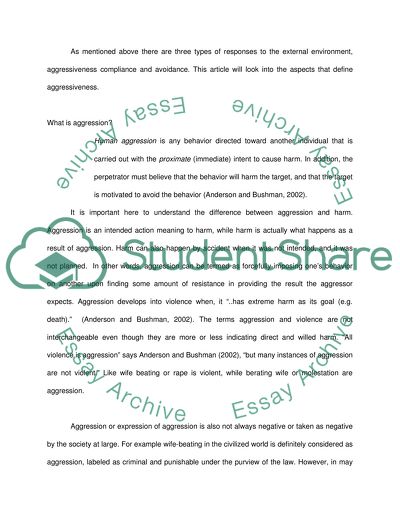Cite this document
(“What is social psychology Essay Example | Topics and Well Written Essays - 3250 words”, n.d.)
Retrieved from https://studentshare.org/sociology/1524868-what-is-social-psychology
Retrieved from https://studentshare.org/sociology/1524868-what-is-social-psychology
(What Is Social Psychology Essay Example | Topics and Well Written Essays - 3250 Words)
https://studentshare.org/sociology/1524868-what-is-social-psychology.
https://studentshare.org/sociology/1524868-what-is-social-psychology.
“What Is Social Psychology Essay Example | Topics and Well Written Essays - 3250 Words”, n.d. https://studentshare.org/sociology/1524868-what-is-social-psychology.


